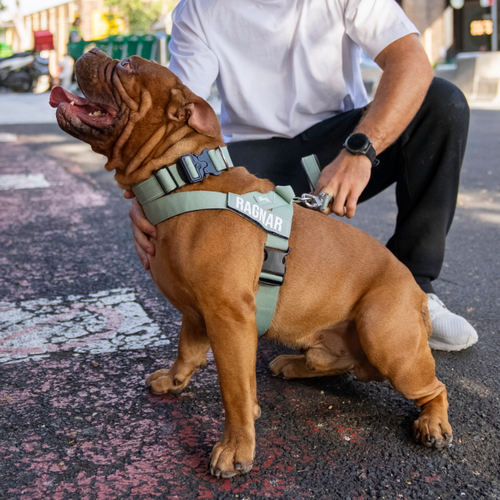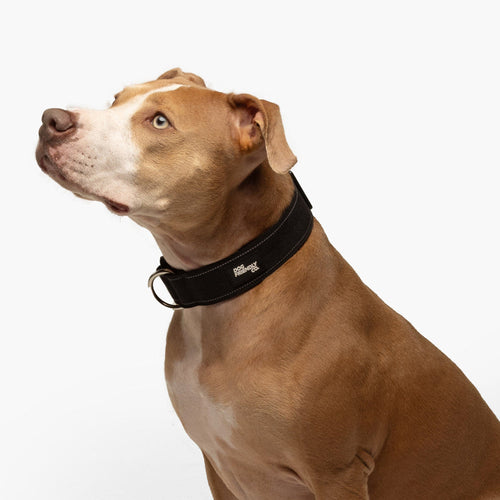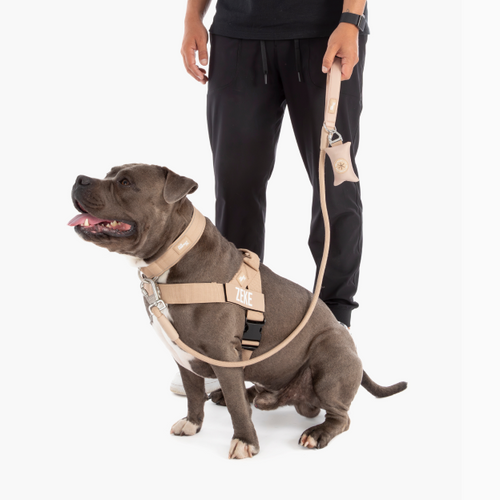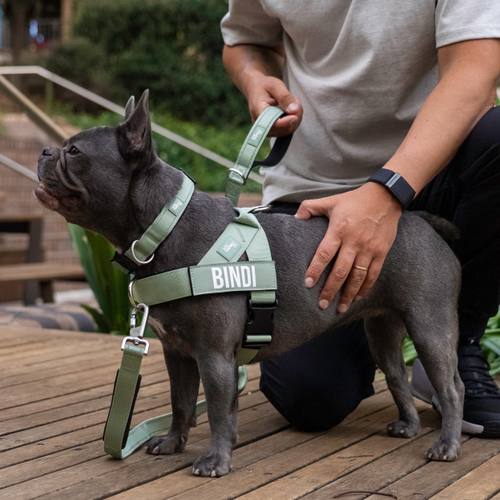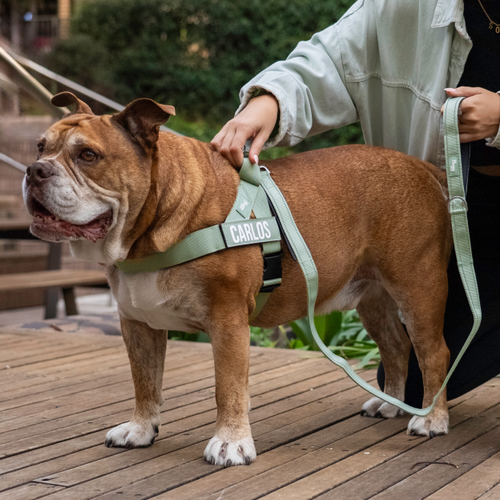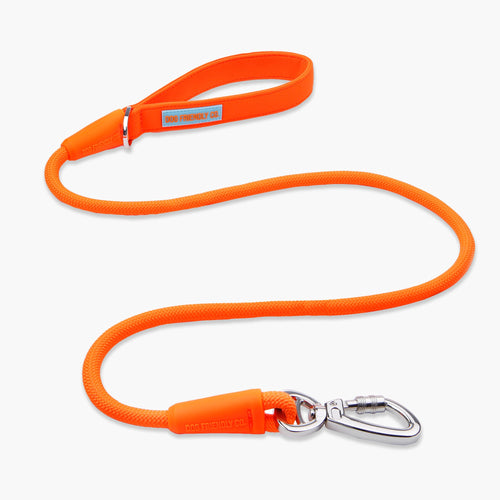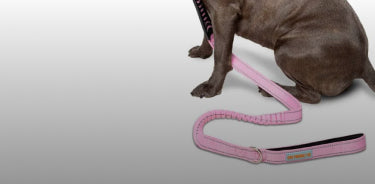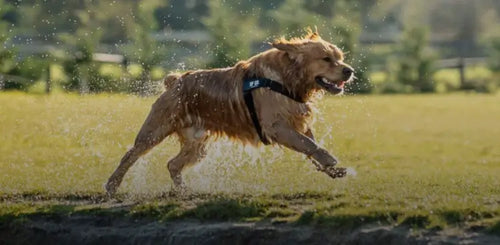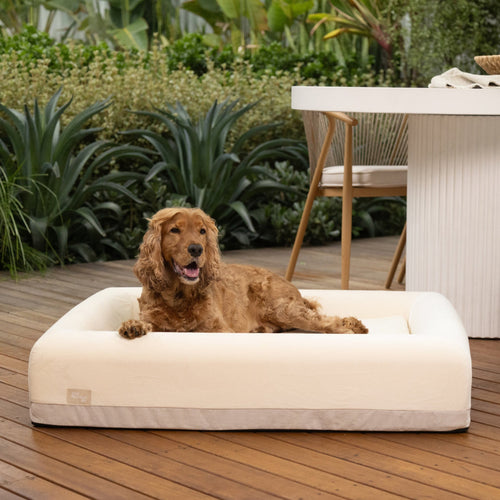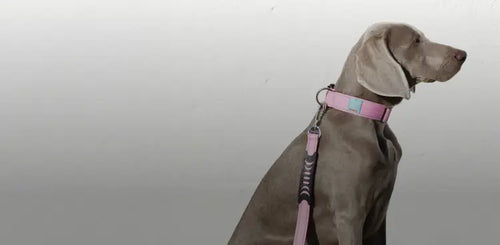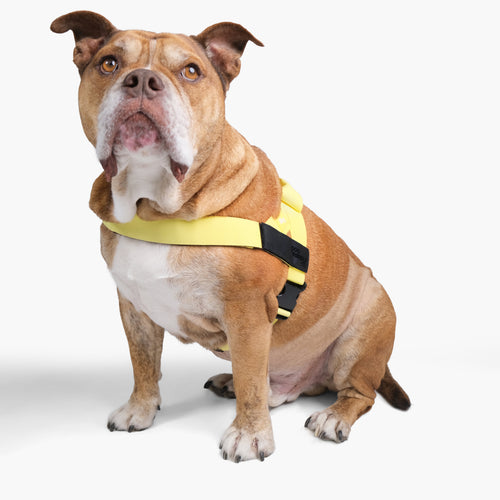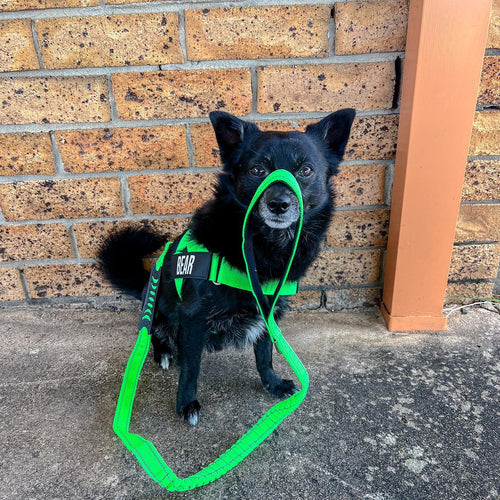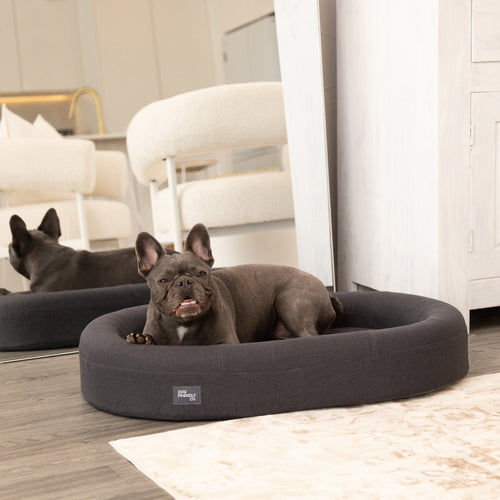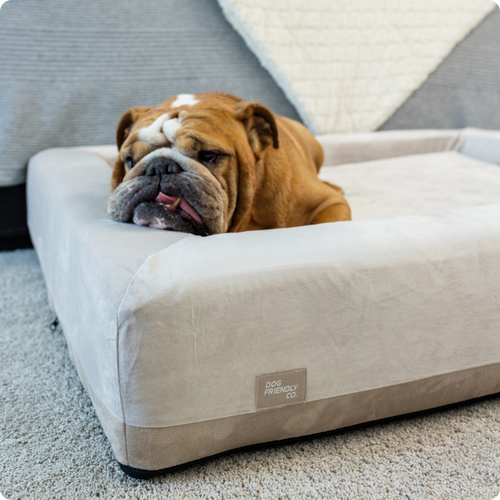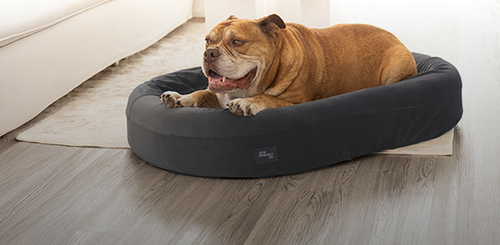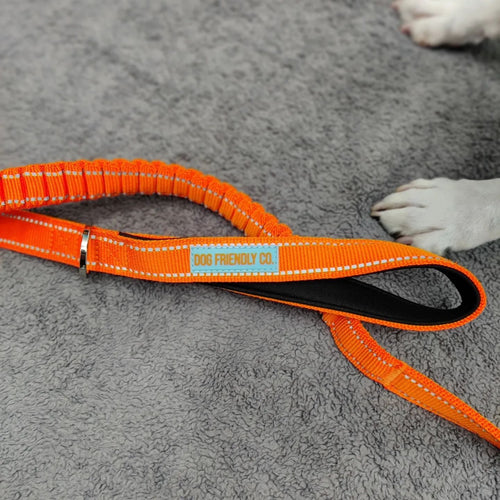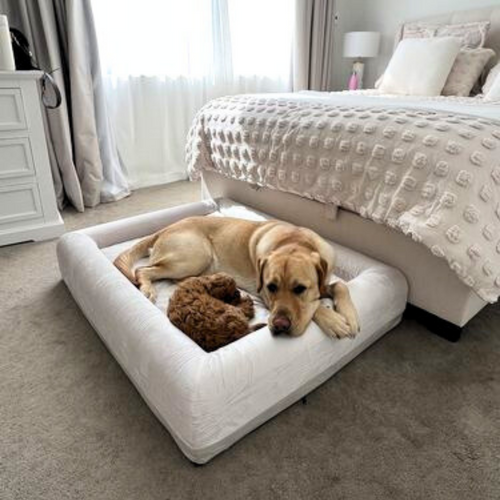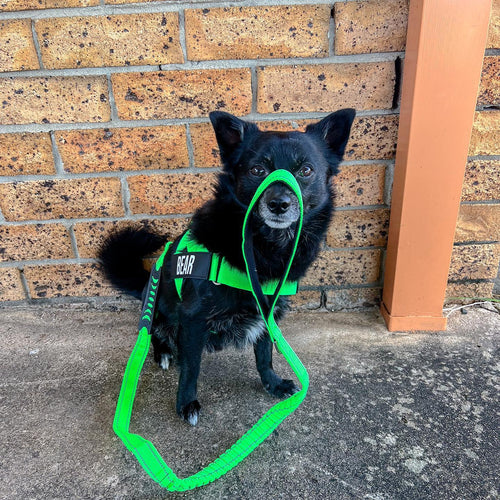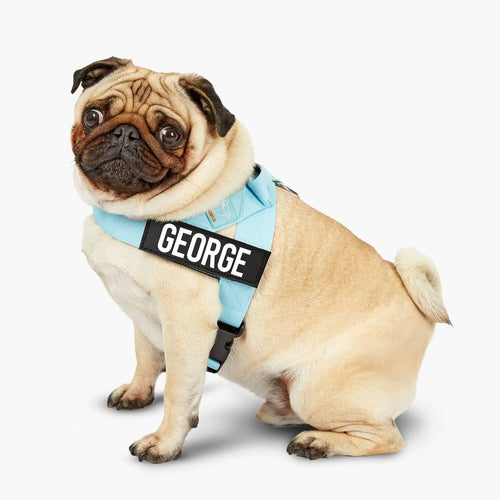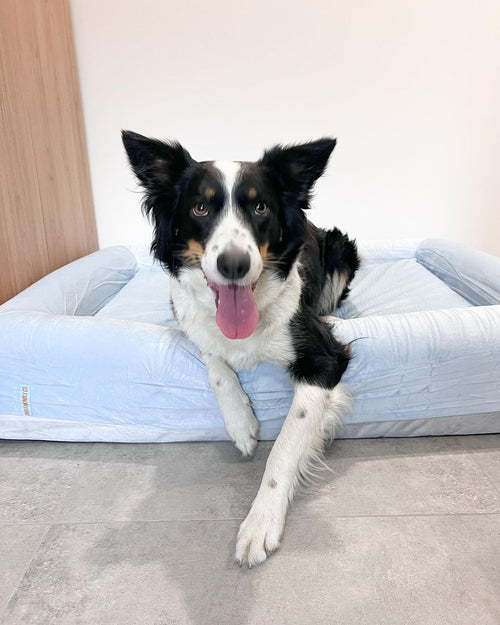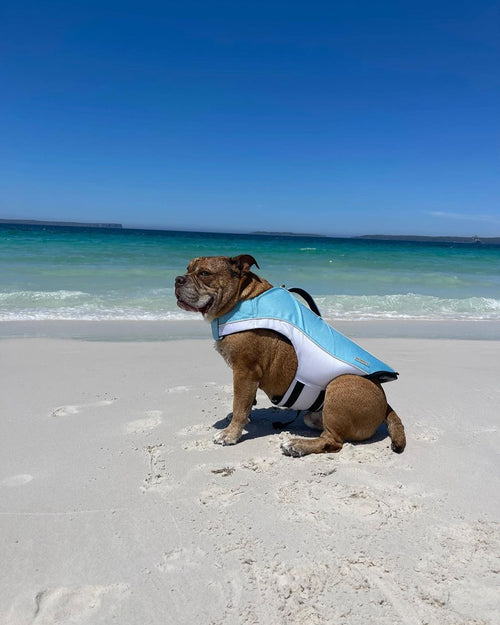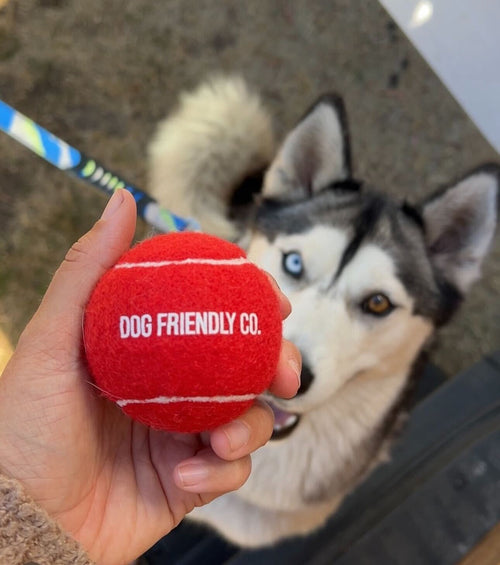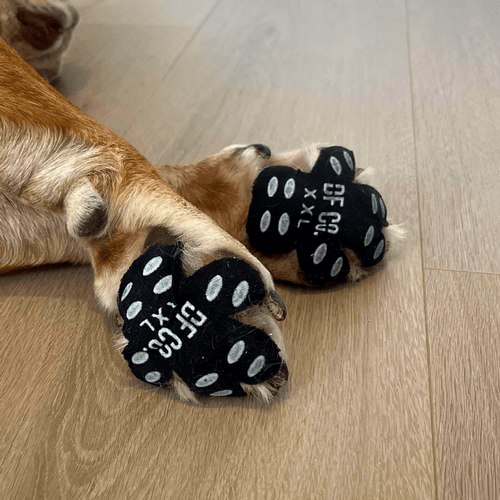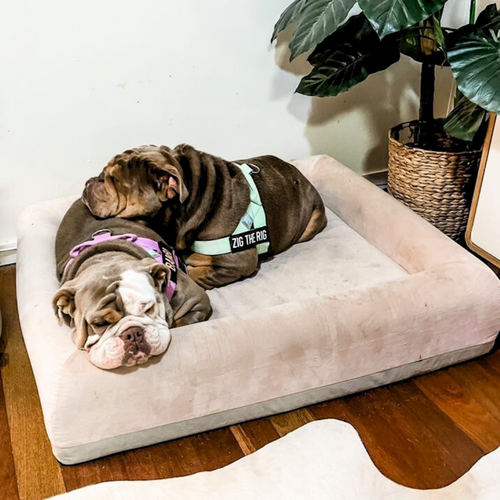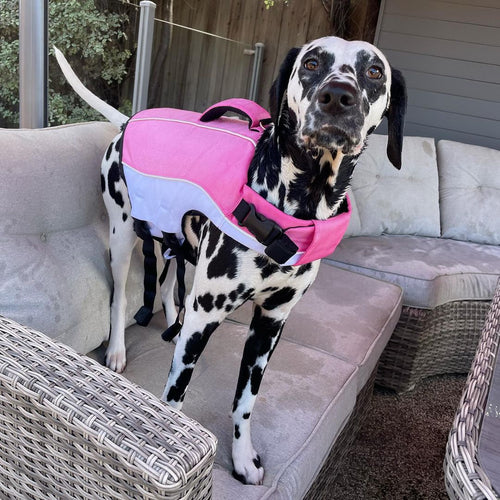If your dog is overweight, it can have many negative consequences for their daily life. In Australia, where pets are cherished family members, excess weight can hinder their mobility, put added pressure on their joints, and make them more prone to diseases. There are plenty of reasons to help your dog lose weight to improve their health and quality of life.

How to know if your dog is overweight: The key signs
As you’d expect, different breeds have different average weights and what’s right for one dog isn’t always the same for another. Generally, you’ll be able to tell if your dog is overweight just from looking at him/her but if you’re unsure you can research average weights online or speak to your vet.
Things to look out for include:
- No prominent waist
- Fat deposits in the lumbar area
- Fatty rolls
- Ribs not palpable without pressure being applied
If you have the means to weigh your dog at home you can also monitor his/her weight this way. But, this might not be possible with some larger dogs who may struggle to get on the scales. If this is the case for your dog make sure you regularly get them weighed at the vets so you can keep track of their weight.
Making sure your dog is within his/her breed’s healthy weight range is really important for their quality of life. It may also alter their lifespan if they are overweight and shorten the time that you have together.
Overweight dog: causes
There are several reasons why your pooch may be carrying a little too much weight, and luckily all of them are relatively easy to fix.
- Not enough exercise
One reason your dog might be overweight is if they aren’t getting enough exercise. Some large dogs can need up to two hours per day, whereas some small breeds only need a short half an hour walk around the block each day. A good way to help them loose weight is to start increasing either the length or number of walks each day.
- Overfeeding
One of the main causes of pets being overweight is overfeeding. It’s hard to know how much food your pet needs and with many of us estimating the amounts needed when we feed our dogs, we can often be giving them much more than they really need. One way to get this under control is to invest in some weighing scales and weigh out their food for each meal, making sure you’re sticking to the instructions given on the packet.
- Breed type
Unfortunately, some breeds are more prone to weight gain than others genetically. This includes breed’s such as:
- Basset hounds
- Beagles
- American Cocker Spaniels
- Labrador Retrievers
- Dachshunds
Plus, many more. With these types of dogs it’s important to closely monitor their food intake to make sure they aren’t slipping into obesity. Some dogs are prone to overeating and may eat another dog’s food if fed together, so it’s important to be on the ball and feed them separately if you have more than one dog at home to prevent this from happening.
- Medication
There are a few different types of medication which can make your dog put on more weight than usual. Medication like steroids are given to dogs for a number of conditions, such as skin conditions, which can quickly see your dog pile on the pounds. If you’re concerned that the medication your dog has been prescribed could be making them stack more weight on then it’s important to speak to your vet. They may be able to cut down the dose or prescribe an alternative which prevents this from happening.
Tips for helping your dog get in shape
Stop the human treats
Secondly, we are all guilty of feeding our pets bits of human food now and then. While it can be hard to say no to those puppy dog eyes, feeding your pet a biscuit here and there or the end of the food on your plate is doing them more harm than good. Stick to making sure the only food they are eating is their weighed out portions of dog food each day and you should see a difference in just a few weeks.
Start running together
If you have a dog that enjoys exercise and is well-trained on the lead, then running together may be a great way to lose weight. While not all dogs are built for running, some larger breeds really enjoy it and it is a much faster way to burn calories than walking. Read our guide to running with your dog to find out more. There’s loads of top tips around how to start running, which dog leashes are the best and more.
The best way to know if your dog is overweight is to simply ask your vet and work together to come up with a healthy plan to help your pooch get back in shape. Afterall, dogs are very much like humans and a healthy dog lives a much happier and fulfilling life than an overweight one. By making just a few simple changes you’ll have your best furry friend back to full health in no time.


















